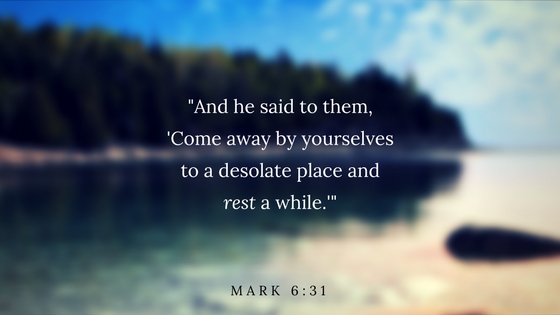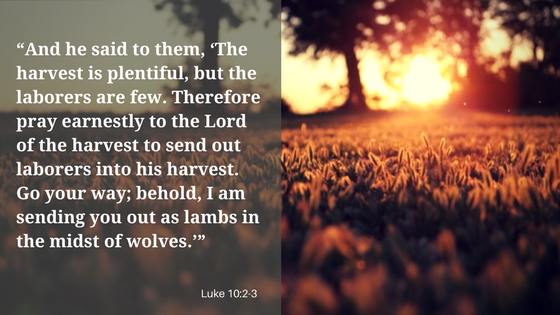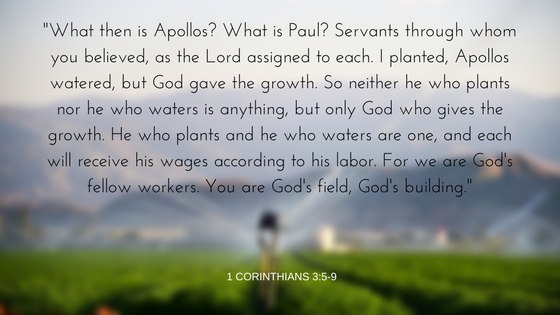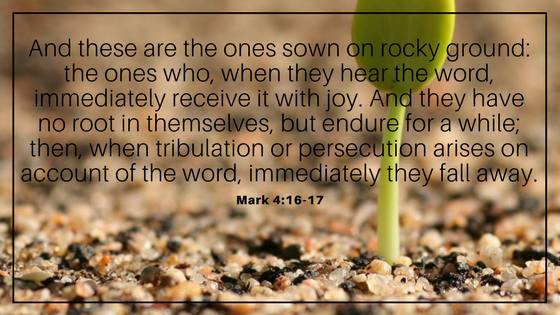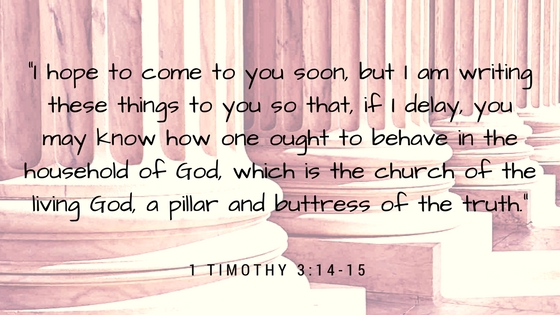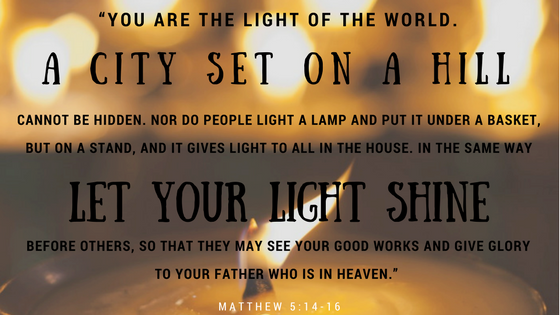Since the Bible nowhere explicitly commands or condemns such a practice, Christians are at liberty to decide prayerfully, whether or not to observe Ash Wednesday. If a Christian decides to observe Ash Wednesday and/or Lent, it is important to have a biblical perspective. In this summary of Ash Wednesday, I will provide a glimpse into some Biblical perspectives, as well as some history regarding the observance of Ash Wednesday.
For those who grew up in the Anglican Communion, as well as those who came to the Anglican Communion from other traditions, you probably became accustomed in short order to use the terms of the community, often without a full appreciation of the origins and meanings of the terms bandied about. For many, Ash Wednesday may be one of those mysterious terms; mysterious because although the physical manifestations of the day are recognizable, one may have little knowledge or understanding of why Ash Wednesday is observed.
Ashes are mentioned several times in the Bible in both the Old and New Testaments indicating their use to express mourning and penance. Now before we go any further, penance is one of those two dollar words we often hear and maybe even use without appreciating its full meaning. Penance is generally considered to be an act of religious devotion to reflect ones sorrow for having committed a sin. In the Roman Catholic tradition, it can be a religious devotion imposed by a priest during the sacrament of Confession.
Getting back to the use of ashes to express mourning and penance, consider the plight of Mordecai in the fourth chapter of the Book of Esther when he learned of Haman’s appeal to the King to have all the Jews in the kingdom killed, every man, woman, and child; and that their houses were to be plundered. We read from
Chapter 4, “When Mordecai learned all that had been done, [he] tore his clothes and put on sackcloth and ashes, and went out into the midst of the city, and he cried out with a loud and bitter cry.” A bitter cry of mourning for what awaited him and his fellow Jews.
And in
Jeremiah 6 we read, “O daughter of my people, put on sackcloth, and roll in ashes; make mourning as for an only son, most bitter lamentation, for suddenly the destroyer will come upon us.”
And in
Matthew 11, Jesus said, “Woe to you, Chorazin! Woe to you, Bethsaida! For if the mighty works done in you had been done in Tyre and Sidon, they would have repented long ago in sackcloth and ashes.”
It is apparent that it is appropriate to associate ashes with mourning and repentance.
Around 160-220 AD, Tertullian in his book,
De Poenitentia (meaning, “On Repentance”) wrote that the penitent must “live without joy in the roughness of sackcloth and the squalor of ashes.”
There were other practices that were employed later in the Middle Ages where those who were about to die were laid on the ground on top of sackcloth and were then sprinkled with ashes.
The use of ashes to mark the beginning of the Lenten Season is first recorded in the ritual for the “Day of Ashes” which is found in the earliest editions of the
Gregorian Sacramentary circa 700 A.D.
While these are just a few of the events leading up to today’s observance of Ash Wednesday (there are many more), they provide you with a sense of the Biblical tie-in to the observance.
In our
present liturgy for Ash Wednesday, we use ashes made from the burned palm branches distributed on the Palm Sunday of the previous year. The palms are collected and then are burned and placed in a container until Ash Wednesday. Prior to the Ash Wednesday observance, a priest blesses the ashes and during a solemn service, imposes them on the foreheads of the faithful, making the sign of the cross and saying, “Remember, that you are dust and to dust you shall return.”
As we begin this penitential season of Lent in preparation for Easter, we must remember the significance of the ashes we have received in this our observance:
- We mourn and do penance for our sins,
- We renew the promises made at our baptism, when we died to an old life and rose to a new life with Christ, and finally,
- Mindful that the kingdom of this world passes away, we strive to live the kingdom of God now and look forward to its fulfillment in Heaven.
Ash Wednesday takes place 46 days before Easter Sunday, it is a fasting period of 40 days (fasts are not observed on Sundays) which recalls
Jesus’ 40-day fast following His baptism. Since it is exactly 40 days (excluding Sundays) before Easter Sunday, it will always fall on a Wednesday – there cannot be an “Ash Thursday” or “Ash Monday.”
While it is not required that a person wear the ashes for the rest of the day (they may be washed off after the service), many people keep the ashes as a reminder until the evening. It is important to remember that Ash Wednesday is a day of penitential prayer and fasting. Some faithful take the rest of the day off work and remain home. If you choose to have the ashes remain on your forehead until you arrive back home, recall that because it is a solemn and penitential observance, it is generally inappropriate to dine out, to shop, or to go about in public after receiving the ashes.
It is a good thing to repent of sinful activities, but that’s something Christians should do every day, not just during Lent. It is a good thing to clearly identify oneself as a Christian, but, again, this should be an everyday identification. And it is good to remember that no ritual can make one’s heart right with God.
How are ashes to be imposed?
- Palms are gathered to be burned. These should be burned prior to the Ash Wednesday service and the ashes placed in a small container.
- The priest will stand in a designated spot to distribute ashes. The congregation may be standing in a line ready to approach the priest or may be kneeling at the communion rail.
- The priests holds the opened container of ashes in the left hand and places the right thumb into the container of ashes to coat the fingerprint area of the thumb with ashes, making sure that there are enough ashes on the thumb to apply them properly to a person’s forehead.
- With the right thumb, ashes are applied in the shape of a cross to the first person’s forehead; first drawing the vertical member of the cross and then drawing the horizontal from the priest’s left to right. While applying the ashes, the priest says the following to the person: “Remember that thou art dust, and to dust thou shalt return.” (Genesis 3:19)
- Steps 3 through 5 are repeated until all have had ashes imposed.
- When finished, the ashes container is returned to the credence table.
About our guest blogger: Fr. Michael La Cagnina is a retired priest in the Anglican Church. A consummate doer, he serves as an assistant priest in our community, builds sheds, designs pulpits, writes poetry, gardens, and generally keeps himself as busy as his health allows.
